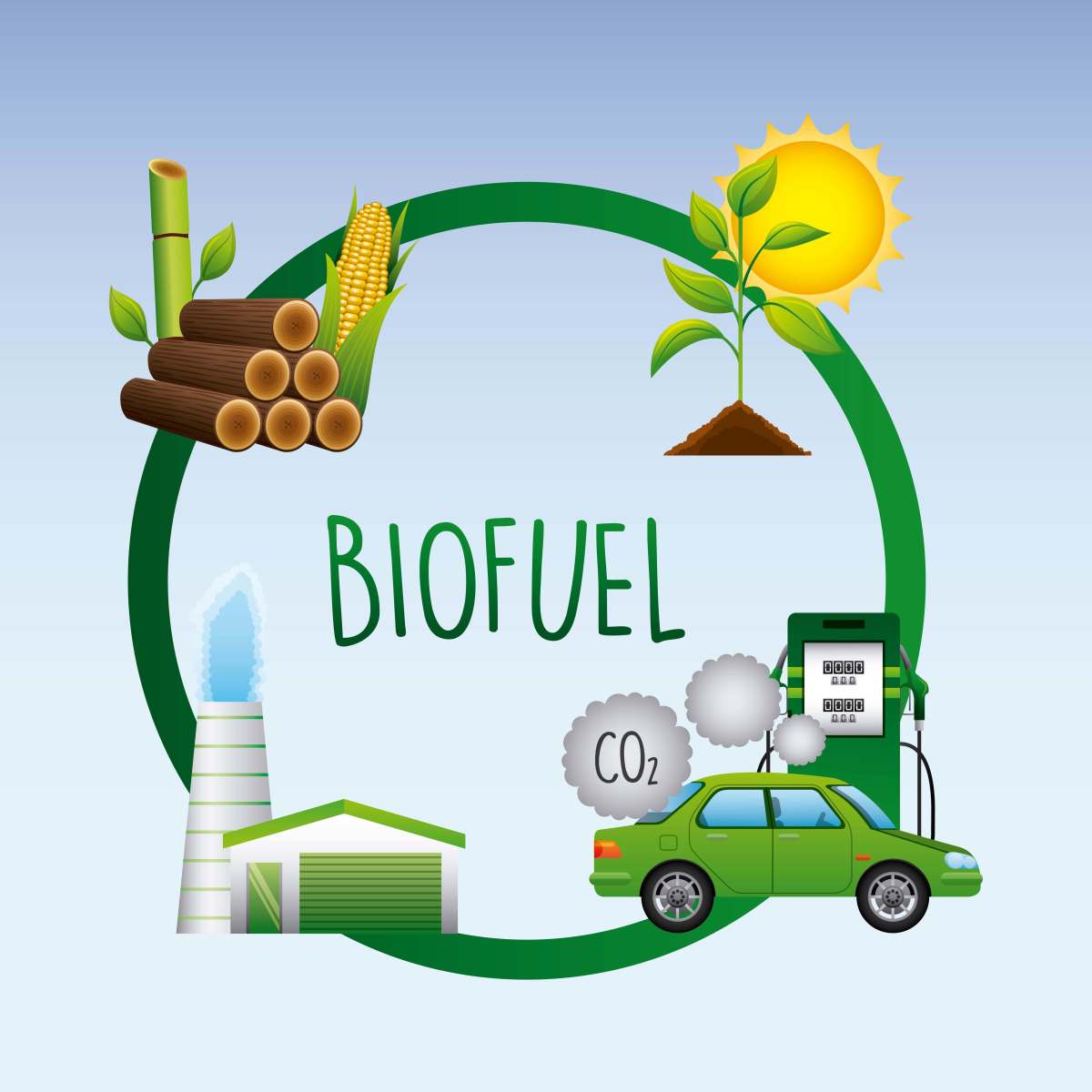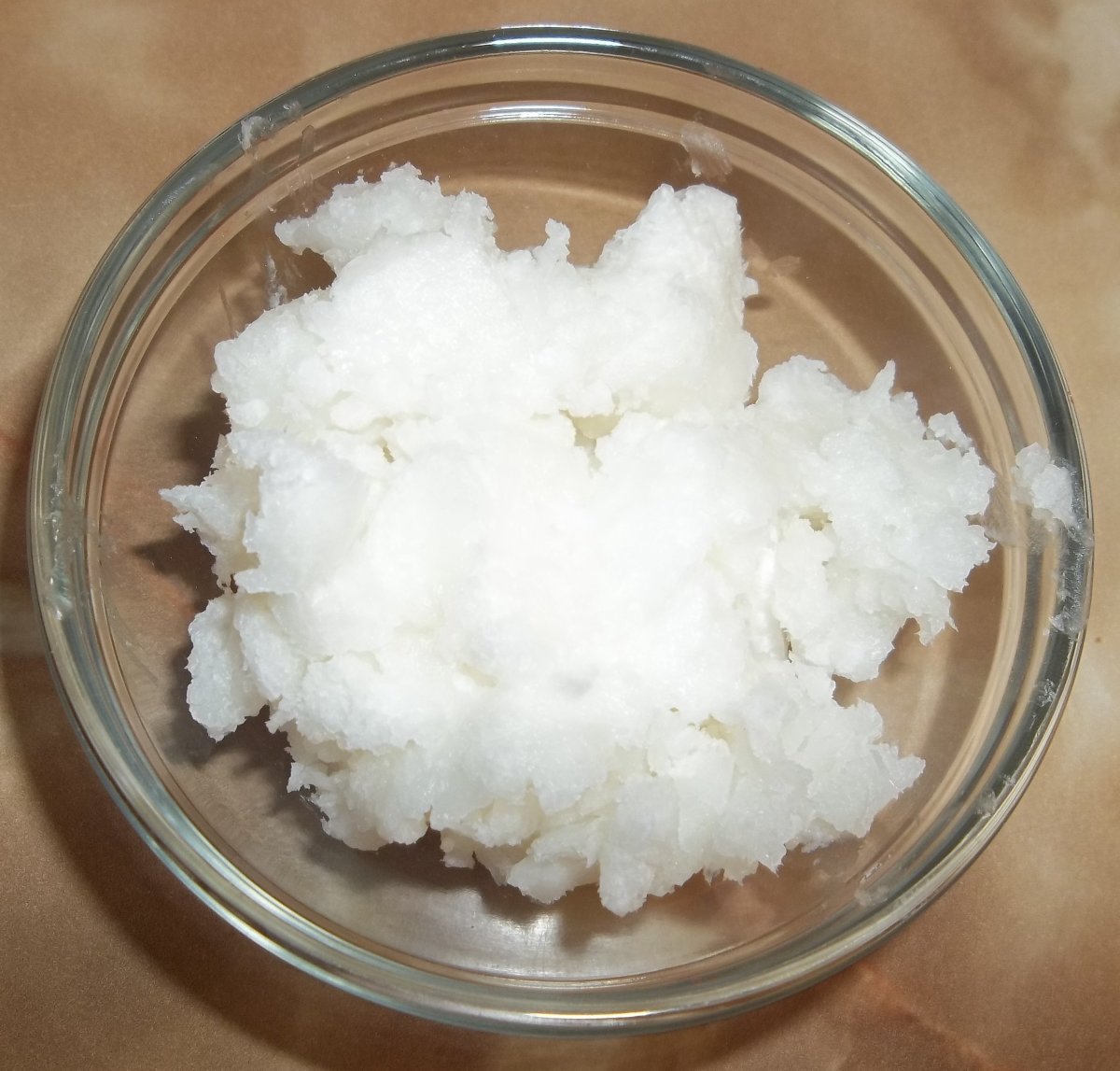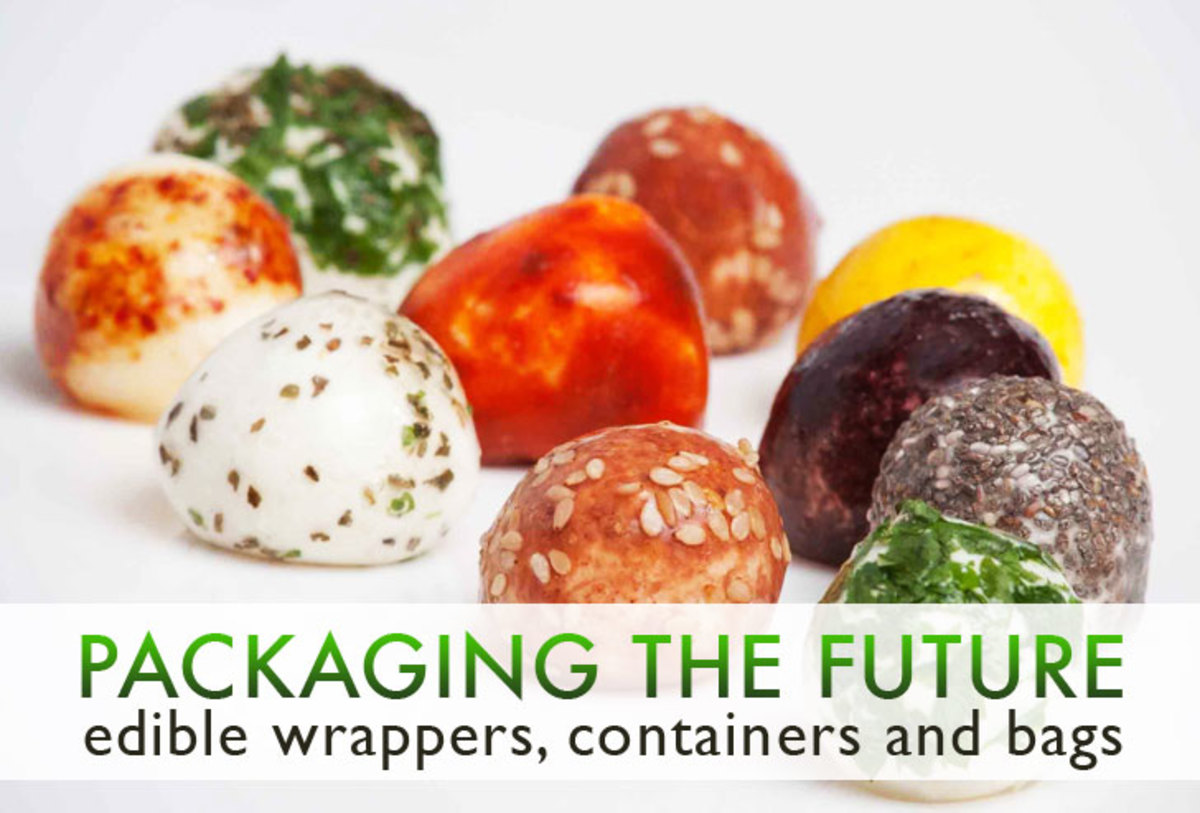Biofuels - Don't throw your waste cooking oil away, turn it into fuel for your furnace or diesel car

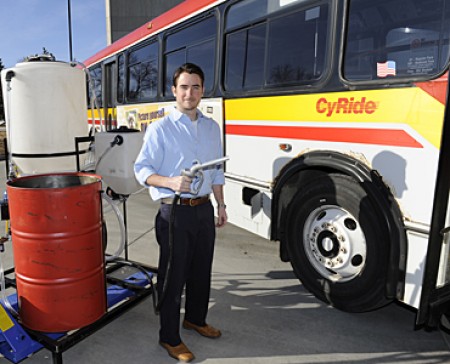
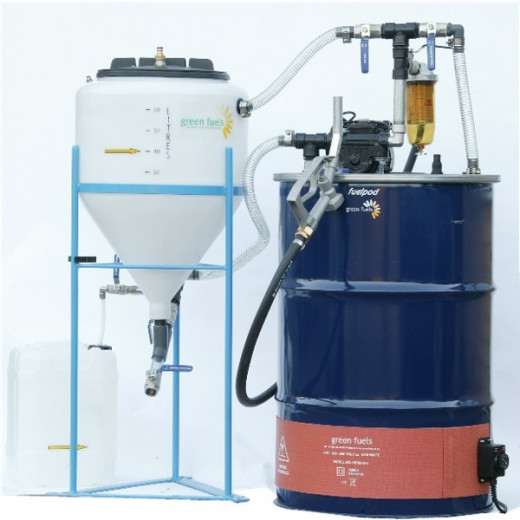
What are biofuels ?
If we are talking about liquid fuels for transport they can essentially be split into two forms: Biodiesel and Bioethanol.
Biodiesel can be used as a blend with petroleum derived diesel or as a 100% fuel. It contains greater amounts of oxygen and thus burns more efficiently, has better lubricity and reduced polyols/toxic emissions. In its natural form it has a lower Cetane value (a measure of the combustible value of the diesel fuel) than petroleum based fuels but this can be easily improved by the small addition of terpene hydrocarbons which does not add any toxicity.
Bioethanol can be used as a blend up to 85% with normal unleaded petrol. Restrictions, so far, primarily centre around warranties from engine manufacturers, although many now allow unrestricted use of biodiesel and manufacturers are producing petrol type engines specifically designed to run on 85% blends of bioethanol. The greatest on-going problem with bioethanol is the fact that being hydrophilic it has been found to be to quite corrosive to certain alloy internal components of the engine. Engine manufacturers are now starting to have second thoughts about approving its use even at a 10% addition level. It is not an insurmountable problem and can be overcome by the addition of dimer or dicarboxylic acids derived from trees and used is an anticorrosive. The question, as always, is one of cost.
How are they produced ?
Biodiesel can be manufactured from any vegetable or animal (incl. fish) oil. In addition unrestricted amounts of reclaimed oils can be added to the process (used frying oils, rolling oils, cutting oils, leather tanning oils etc.) The process is not reliant on the product being prime, it can be a by-product from the edible oil refining industry, industrial vegetable/animal oil refining industry or just waste recovery. It can even be extracted from used coffee grounds (40% oil), of which thousands of tonnes each year go either to landfill or animal feed.
The process yields a valuable by-product in the form of 80-85% purity crude Glycerine which is either used in its crude form or further refined to be used in thousands of other products.
Bioethanol is an alcohol and is the most widely used biofuel in the world today. Starch crops (wheat, corn, sugar cane and beet and cellulose derived from waste forestry and agricultural products.) In a brewing process the starch is converted to sugars, which ferment into ethanol (ethyl alcohol). Strictly speaking only the ethanol made from cellulose should be referred to as bioethanol and I am sure this point will be argued by HM Customs.
What are the advantages ?
Biodiesel is essentially a fatty acid alkyl ester in which the original oil needs to undergo a process known as transesterification (more commonly known as simply esterification) where the oils are reacted with an alcohol (ethanol or methanol (methyl alcohol or wood alcohol)) to form a fatty ester which can then be used as a blend or a straight fuel. Biodiesel contributes little to the environment in the form of pollution, every tonnes of biodiesel burned saves 3 times its own weight in CO2 from entering the atmosphere. If we also understand that growing the oilseed crop in the first place also consumes CO2 and provides oxygen, it has a double benefit. Once burned its particulate emissions are no longer carcinogenic, unlike diesel derived from petroleum. From the engines point of view it provides more oxygen, allowing a cleaner burn and significantly improved lubricity.
Bioethanol has all of the above advantages and also improves the octane value of the petrol/bioethanol blend, but, as mentioned, is now a corrosive problem.
More recently work has been quite successful in extracting oil from algae.
In addition since 2004 a renewable liquid fuel derived from the by-products of the timber industry has been imported into the UK to replace heavy fuel oil in power generations. This is now the oil fuel of choice in combind oil/coal power stations and is being used to enable old coal fired stations to burn a renewable oil together with wood chip which reduces its toxic output to almost zero.
Why is the UK the only country with no sustainable transport fuels policy ?
The answer is quite simple – the use of transport fuels in the UK is governed by the 1979 Hydrocarbons Act, which refers only to “mineral oils”. In order to comply with directive 92/81, HM Treasury widened the scope of the Finance Act 1993 (section 10) to “mineral fuel substitutes” and this was applied by HMC on 1st December 1995.
However, Directive 92/81 also states – that member states can reduce the rates within their own territories for pilot projects, particularly for fuels from renewable sources.
Germany, France, Italy, Belgium, Austria, Sweden and Norway have all taken advantage of subsequent EEC legislation which permits a “pilot quantity” of 5 million mt to be produced.
On November 8th 2000 the Chancellor invited industry to develop “environmentally friendly” alternative road fuels and that he would make major reductions in duty rates in the budget of 2001. A full report of this can be read on BABFO website. The end result was a pathetic 20p per litre cut in duty which left biodiesel with 25p per litre duty, making it significantly more expensive than the hydrocarbon derived product. Most of the blame for this was due to misleading information from DEFRA who stated “that an increase in oilseed rape could conflict with Government targets to reduce the decline in farmland birds”. This was directly contrary to statements from RSPB who advised that given the right management more rape could benefit bird populations and cut greenhouse emissions.
Other EU countries have cut duty rates to zero in recognition of the value of this fuel and latest (2008) figures are as follows:
Figures are expressed in millions of litres per year.
..........................Biodiesel........................... Bioethanol
France: ..................991..................................... 578
Germany: ..............3180 ....................................730
Austria: ...................252 ...................................<100
Italy: ........................n/a ......................................n/a
USA: .....................2650 ....................................36300
Holland: .................1372 ......................................n/a
Spain:..................... 926 .......................................578
United Kingdom: .....347 .......................................153
Canada:.................. 100 .......................................870
Apart from the inflexibility of HM Customs to embrace new “green” technology, one reason could be that none of the countries mentioned above (except USA, Canada and UK) are hydrocarbon oil producers. Because the base price of the vegetable oil is higher than that for crude hydrocarbon oil and because the pump prices must be the same, for both types, the Chancellor will receive significantly less income from fuel tax. We must therefore draw the conclusion that, again, revenue is considered far more important than, emissions, health, global warming or diminishing stocks of fossil fuels.
This is a vast subject with many implications, not least the prosperity of our agricultural industry and future national health.
Very small scale usage.
If you run a diesel powered car or truck (the older the better) you can put used cooking oil directly into the tank. All that needs to be done is to filter any food particles from the oil and, preferably add to some existing mineral diesel in the tank. Additionally this should be done during the summer when the night temperature does not drop too low otherwise the vegetable oil could thicken. During the winter the veg oil should be added at the rate of 1 gallon to 3 gallons of mineral oil.
For those of you who are mechanically minded you can run on pure veg oil all year round by seeking out a fuel pump from an older Peugeot in a scrap yard (ensure it is the version that preheats the fuel)
A work colleague of mine used to go to the local Sainsbury supermarket when they had a promotion on veg oil and buy several 3 litre containers of the cheapest veg oil available which he poured straight into his diesel Land-Rover Discovery. It worked absolutely fine with just a gentle smell of cooking doughnuts.
Motor manufacturers will disagree with this and I accept no responsibility (whilst I know it works fine). I would suggest you start small with just a litre or so to half a tank of mineral diesel. If the engine coughs or misses (which I doubt very much) then discontinue as some delicate high performance diesel engines may protest. I use it in my modern common rail turbo-charged diesel Land-Rover with no problems at all. Being in the chemical industry I occasionally add a litre or so of d’limonene, dipentene or turpentine which acts as a centane enhancer and removes any gum build-up.
Farming
- Farmers - Without them where would all our food come from?
Farming today is driven by the requirements of politics not the needs of the consumer. The contribution of the farmer is crucial to our very existence. Without them we would starve, become ill and live in deprivation .
© 2012 Peter Geekie





